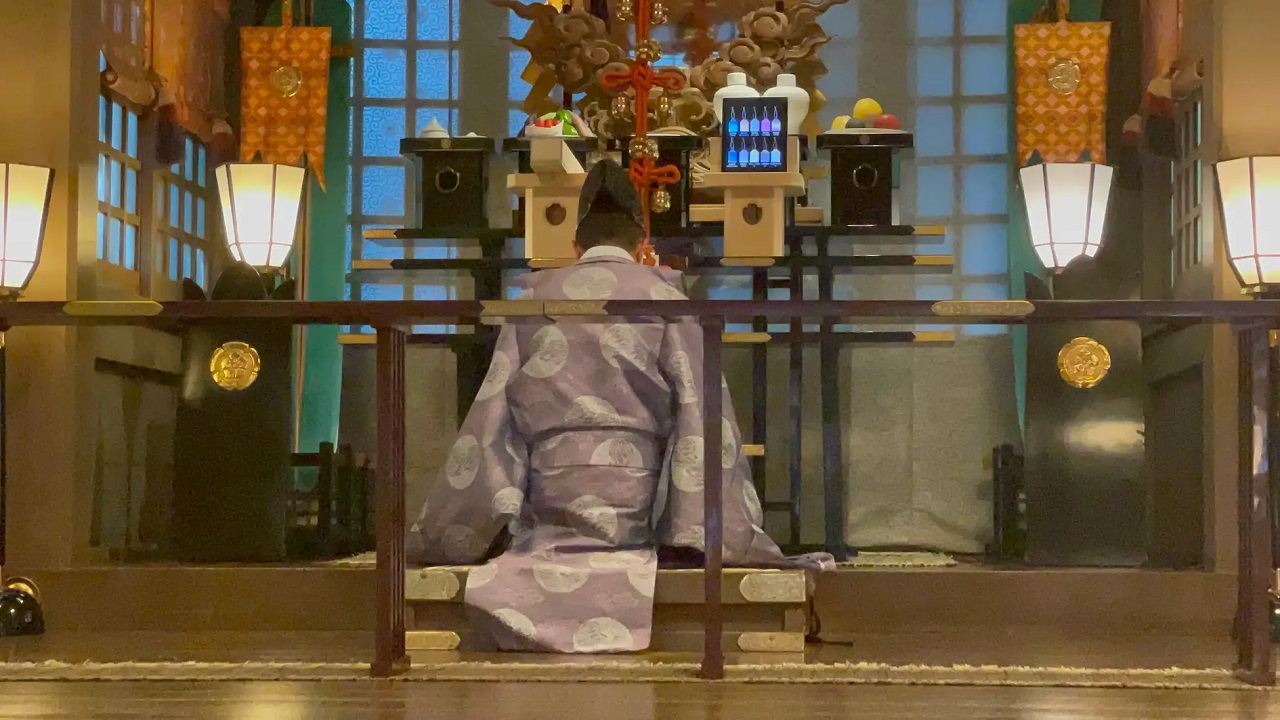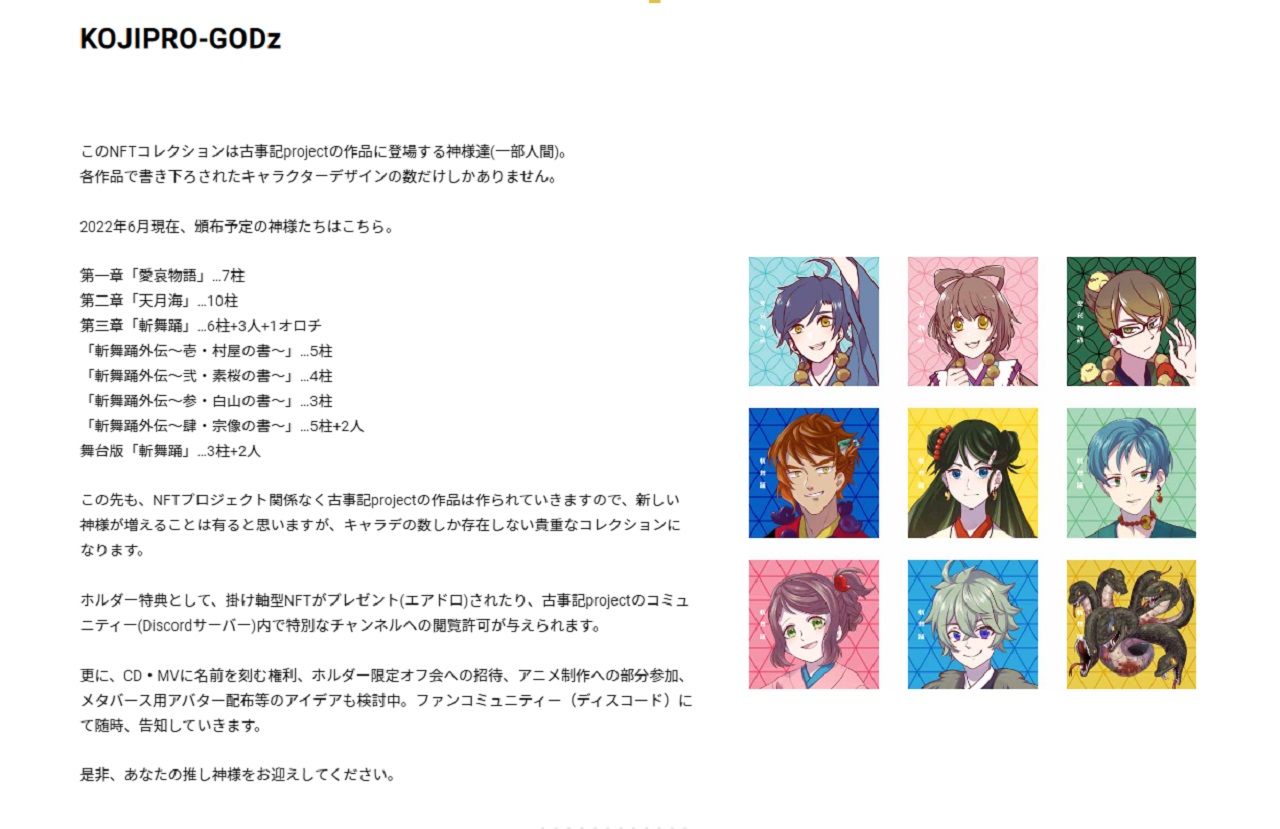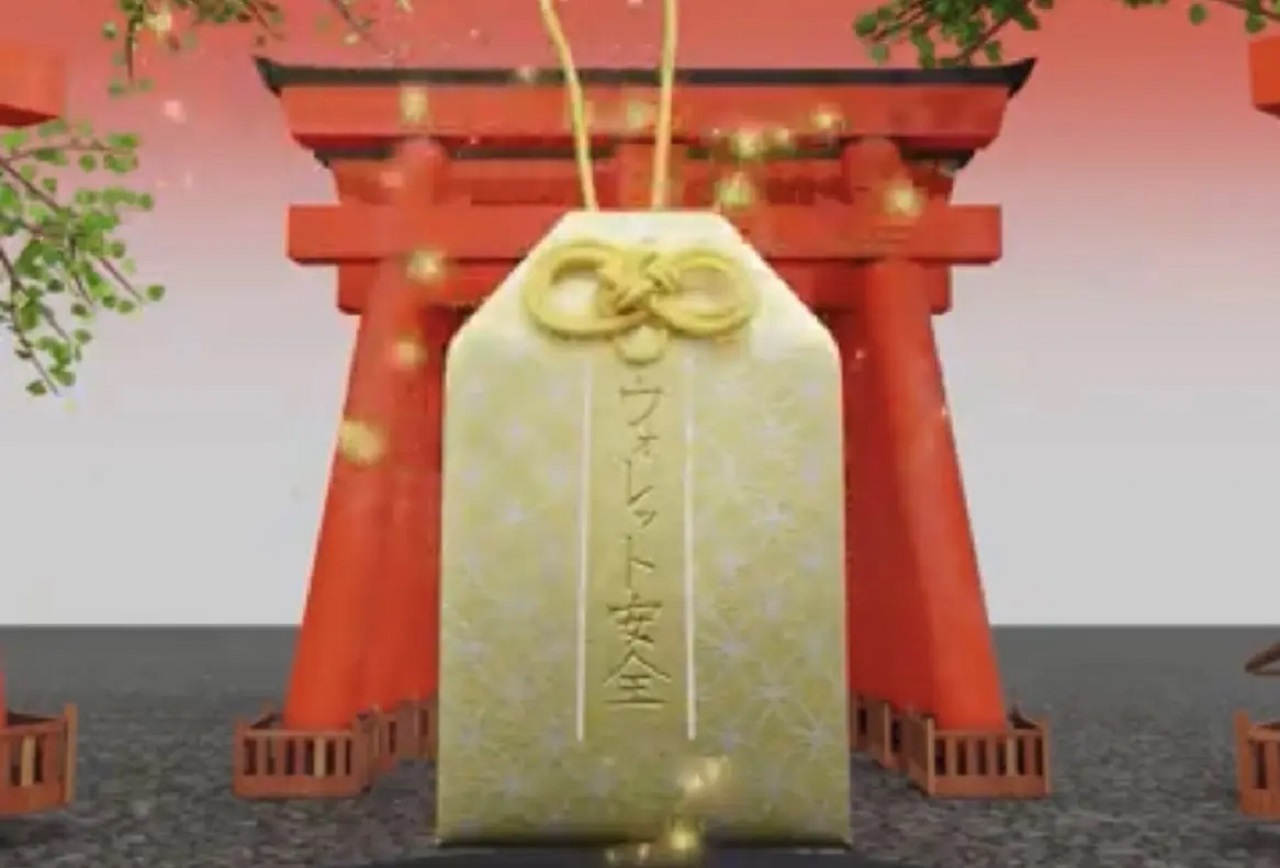Original Japanese text written by. Ryuki Ishii
Translated by. Nick Mosier
The Kemigawa Shrine in Japan’s Chiba prefecture has teamed up with the KOJIKI project to sell the Kemigawa Jinja Collection of good luck charm NFTs. These good luck charm NFTs take the real charms offered by the Shinto shrine and make them available in NFT form.
Along with the announcement, Kemigawa Shrine states, “While these are virtual charms, they are in no way inferior to the ones offered at the temple.” Kemigawa Shrine also says that they perform a prayer for the NFT charms when they are sold as well.

The charms offered by temples and shrines in Japan have a limited term of validity and are said to lose their power after one year. The correct way to part with an expired charm is to return it to the temple or shrine it came from for it to be ritually burned. Like the real thing, the shrine says the benefits of the NFT charms wear off after one year, after which they are automatically burned. In other words, the NFTs are set to automatically eliminate themselves. While the NFTs are data that could theoretically be maintained permanently, they’ve been set up in such a way that they’re more in line with the charms that exist in the real world.
Moreover, the shrine says that once the good luck charm NFT disappears, it will change into a new NFT. So once your NFT is burned you at least won’t be left empty handed.
But why is a shrine getting into NFT sales in the first place? According to the press release, 90% of the 80,000 Shinto shrines in Japan are struggling to continue their operations. This has caused some Shinto priests to have to get side jobs, with many having to cover positions at multiple shrines. There are also unmanned shrines with no one to manage them. For that reason, Kemigawa Shrine has been searching for new revenue streams and decided to get involved with NFTs and the metaverse.
Their lineup of good luck charm NFTs are as follows:
- A prayer for the safety of your crypto assets
- A prayer that the floor price of your NFT collection doesn’t drop
- A prayer to protect your assets from scams
- A prayer for test takers to pass their exams
- A prayer that your family lives happily and healthily
- A prayer to protect you from disasters
- A prayer that you’re able to win various competitions
- A prayer that you get lots of customers or that your business does well
- A prayer that your love life goes well
- A prayer that you remain healthy
The Kemigawa Shrine was already selling their charms online for those that couldn’t come to the shrine directly. With this new initiative pushing virtual charms, they may be able to reach even more people. They also plan to expand beyond charms to offer other shrine goods as NFTs.
Furthermore, they plan on selling an “offering NFT” where those who purchase one will have their name carved onto a torii gate on the shrine grounds or put on a lantern. Their future plans include setting up the temple in the metaverse which will include the gates and lanterns of those who made offerings.
For this NFT project, the shrine is working with the KOJIKI project, a creative team that makes entertainment media like music, voice dramas, manga, and stage plays about Japan’s ancient history and myths. They have also been selling NFTs under the name KOJIKI project Crypto! The collaboration with Kemigawa Shrine came about through Yoshiyuki Murakami, a representative for the KOJIKI project, being connected with the priest at Kemigawa Shrine through a mutual lawyer friend.

The good luck charm NFTs can be found here and are available for 0.005ETH (value may fluctuate depending on the market). A MetaMask wallet and ETH are required to purchase.





